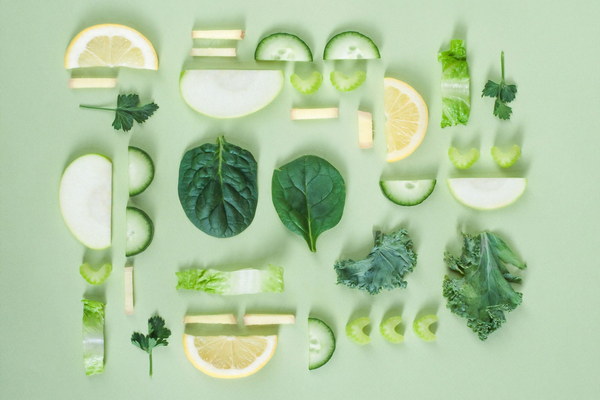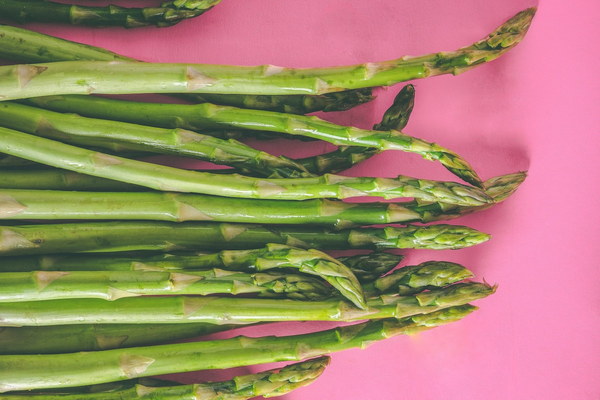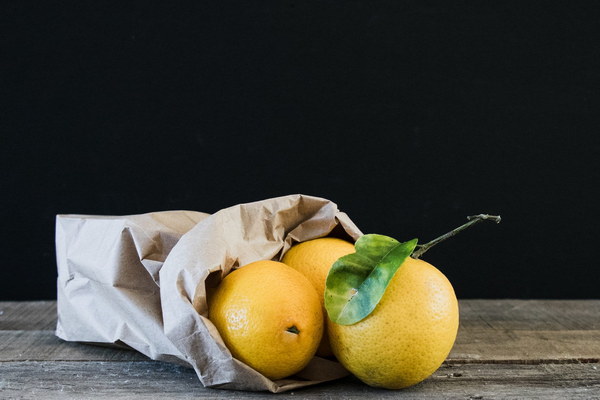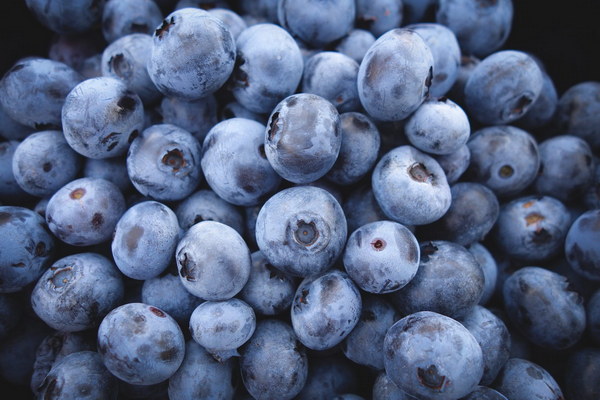Will Herbs for Tonifying Qi and Blood Contribute to Dampness
In traditional Chinese medicine (TCM), herbs are often prescribed to tonify qi and blood, which are essential for overall health and vitality. However, some individuals may wonder if these herbs could potentially contribute to dampness, a concept in TCM that refers to excess fluid in the body leading to various health issues. In this article, we will explore the relationship between tonifying qi and blood herbs and their potential to cause dampness.
To understand whether tonifying qi and blood herbs can lead to dampness, it is crucial to first understand the functions of these herbs. These herbs typically belong to categories such as tonics, blood tonics, and Qi tonics. Their primary purpose is to address deficiencies in the body, which can manifest as fatigue, weakness, anemia, or other related symptoms.
Dampness is a common pathological condition in TCM, often resulting from poor diet, excessive humidity, or other factors that can lead to the accumulation of dampness in the body. Dampness can cause a variety of symptoms, including fatigue, weight gain, poor digestion, and joint pain.
When it comes to tonifying qi and blood herbs, the potential for contributing to dampness depends on the specific herbs used and the individual's constitution. Some tonifying herbs are known to be dampening or cooling in nature, meaning they can help resolve dampness in certain cases. However, if these herbs are used excessively or inappropriately, they could potentially exacerbate dampness in some individuals.

Here are some key points to consider regarding the relationship between tonifying qi and blood herbs and dampness:
1. Individual constitution: TCM emphasizes the importance of understanding an individual's constitution, which includes their physical and emotional characteristics. A person with a constitution prone to dampness may experience exacerbation of symptoms when using certain tonifying herbs.
2. Herbs with dampening properties: Some tonifying herbs, such as Astragalus (Huang Qi) and Codonopsis (Dang Shen), are known to have dampening properties and can be beneficial for individuals with dampness. However, excessive use of these herbs could potentially lead to dampness in some cases.
3. Herbs with warming properties: Conversely, certain tonifying herbs, such as Ginseng (Ren Shen) and Angelica sinensis (Dang Gui), are known to have warming properties and may exacerbate dampness in some individuals. It is essential to use these herbs judiciously and under the guidance of a qualified TCM practitioner.
4. Proper dosage and preparation: The dosage and preparation of tonifying herbs play a critical role in their effectiveness and potential side effects. A qualified TCM practitioner can determine the appropriate dosage and preparation method based on the individual's specific needs and constitution.
5. Combination with other herbs: In TCM, herbs are often prescribed in combination to achieve a harmonious balance. Combining tonifying qi and blood herbs with herbs that can drain dampness, such as Atractylodes macrocephala (Bai Zhu) or Poria cocos (Fu Ling), can help mitigate the risk of dampness.
In conclusion, while tonifying qi and blood herbs can be beneficial for addressing deficiencies, there is a potential risk of contributing to dampness in some individuals. To minimize this risk, it is essential to consult with a qualified TCM practitioner who can assess the individual's constitution and recommend appropriate herbs and dosage. By doing so, individuals can enjoy the benefits of tonifying herbs without the risk of exacerbating dampness-related symptoms.









